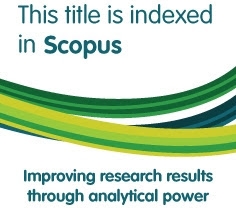Islam and Party Politics in Rural Java
Abstract
This essay shall discuss the decrease of religious polarization as a result of depoliticization at the rural level which, in turn, results in a blurring of the distinctions between santri and abangan. This is a 'by product' of a field study which conducted in Tegalroso (a pseudonym), a dry land village on the west slope of Mount Merbabu in the Regency of Magelang, Central Java, during July to December 1987. Politically, before the banning of the Indonesian Communist Party PKI) in 1966, this village was known as the stronghold of the PKI and the Indonesian Nationalist Pany (PNI). Socially, the village was notorious for being crime-ridden, gambling and theft being prevalent, and, religiously, most people of the village, observed from outside, appear to fall into the category of 'nominal Muslims', labeled by many as abangan (Geertz 1960, Lyon 1970, Ward 1974).
Full Text:
PDFDOI: https://doi.org/10.15408/sdi.v1i2.855
Refbacks
- There are currently no refbacks.

All publication by Studia Islamika are licensed under a Creative Commons Attribution-NonCommercial 4.0 International License.
Studia Islamika, ISSN: 0215-0492, e-ISSN: 2355-6145
View My Stats
